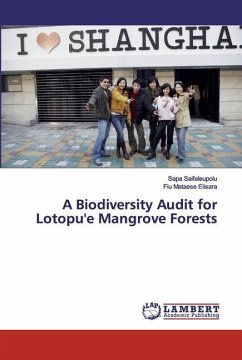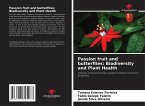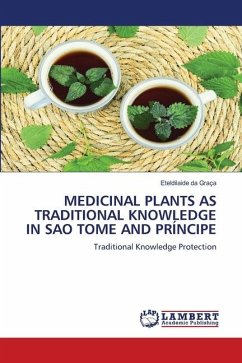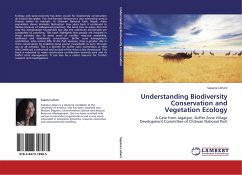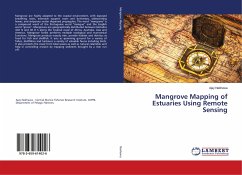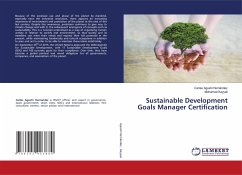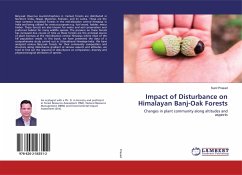Lotopu'e mangrove forests play a very strategic role in fisheries, and hence food security, at the community and the national levels. They constitute the only established mangrove habitat in the Aleipata district in the east of Upolu Island. These coastal ecosystems also provide coastal protection, minimize lagoon and reef sedimentation, and offer a sanctuary for many useful animal species. These valuable natural resources, however, are experiencing huge pressures generated by both natural and man-made disasters. The degraded state of the mangroves intensifies the combined impacts of global warming, sea level rise and climate change, and reduces the potential for carbon sequestration. The study findings showed that despite the strong natural regeneration of the two true mangrove species (Bruguiera gymnorrhiza and Rhizophora samoensis) found in the survey area, prompt external interventions are critical to alleviate the threat. The village of Lotopu' neither have the capacity nor the resources to rectify most of the problems, hence the government and all stakeholders, with vested interest, should shoulder the burden.
Bitte wählen Sie Ihr Anliegen aus.
Rechnungen
Retourenschein anfordern
Bestellstatus
Storno

